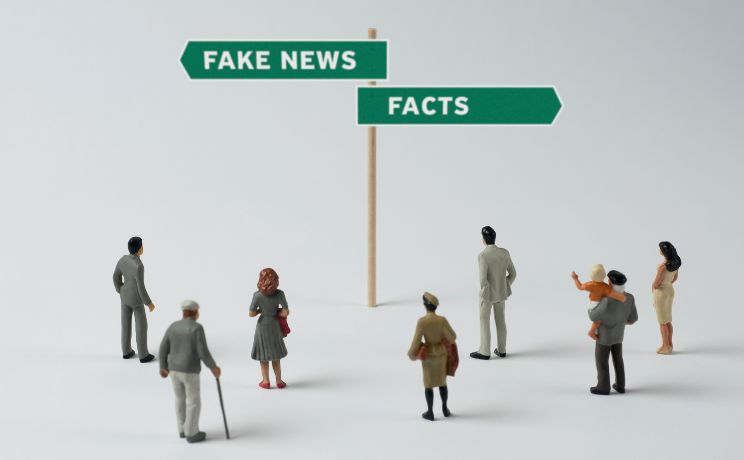News

Restoring trust: the alliance of emotions and facts in the face of fake news
By Marie Joachim, Assistant Professor of Strategic Management - ESSCA
How emotions, combined with facts, can help organizations deal with fake news
Fake news represents a major challenge for organizations today, particularly in the field of public health.
The example of the human papillomavirus (HPV) vaccination campaign in Ireland, run by the Irish Health Service (HSE), is a good illustration of how a fake news attack can weaken an organization's legitimacy.
Effective crisis management requires not only fact-based responses, but also an understanding and management of the public's emotions.
Vaccination campaign targeted by misinformation campaign.
In 2015, the HSE launched a campaign to promote vaccination against HPV, a virus responsible for cervical cancer.
Shortly afterwards, an anti-vaccine organization called REGRET launched a disinformation attack, circulating testimonials reporting serious side-effects linked to the Gardasil vaccine, without any scientific proof.
This campaign quickly spread fear and confusion, leading to a drop in the vaccination rate from 85% to 50% in less than two years.
In response, the HSE launched a science-based information campaign: "Get the facts, get the vaccine".
Unfortunately, this approach, while rational, is not enough to counter the emotional impact of the REGRET campaign. Scientific data alone cannot dispel the public's deep-seated fears. .../...









No comment
Log in to post comment. Log in.